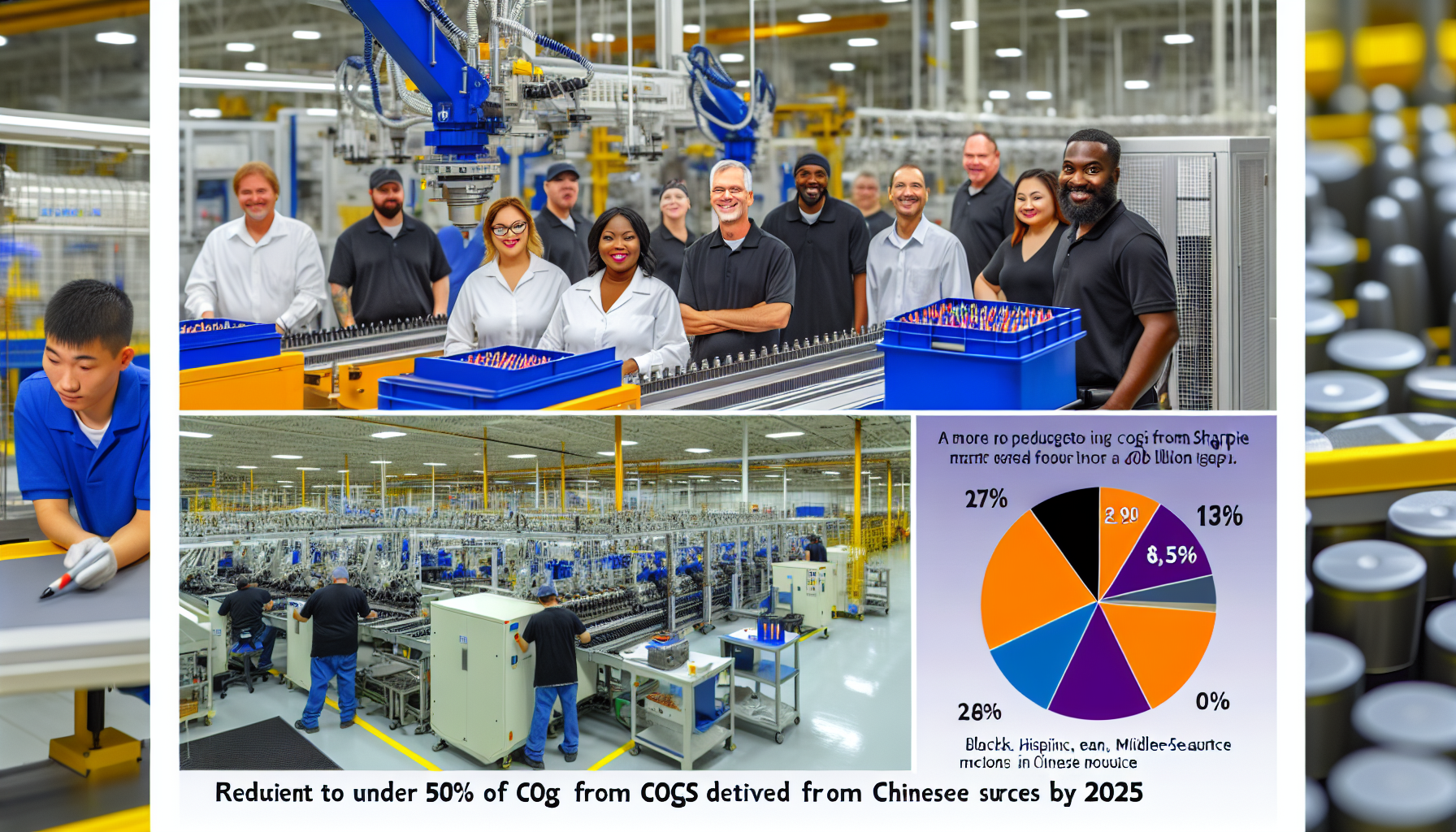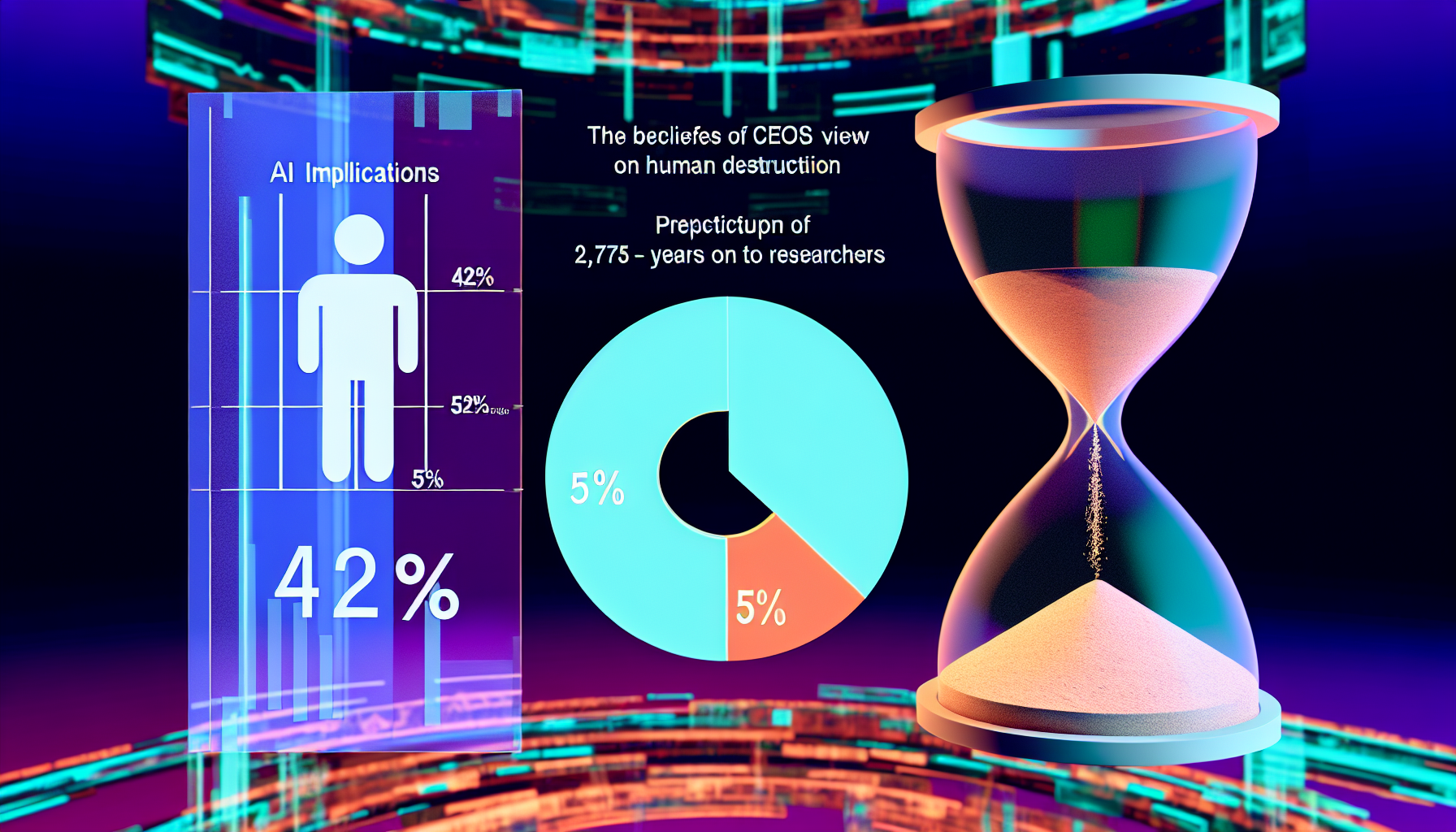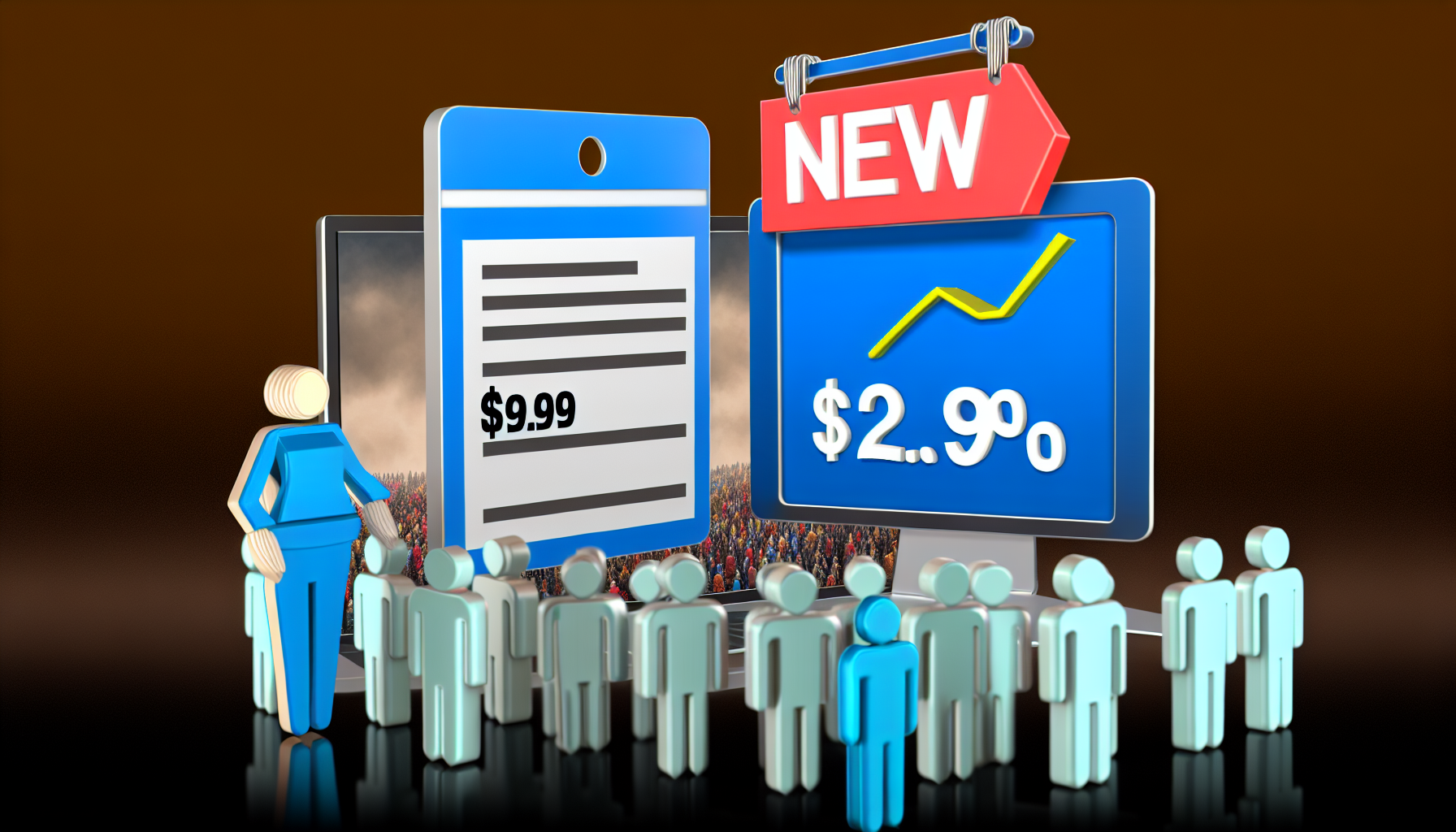American small business politics are moving right, and new, multi-source data quantify the shift. A British Journal of Political Science study (Cambridge University Press, 18 July 2025) triangulates surveys, voter files, and donations to show current owners—especially those who inherited businesses—lean more conservative than non-owners, with right-leaning identification strongest among higher-income, lower-education Americans (HILEs) who are overrepresented among employer owners [1]. A companion press summary adds that past owners do not display the same partisan tilt, underscoring the role of ongoing regulatory exposure in shaping ideology [2].
Key Takeaways
– Reveals 59.2% of higher-income, lower-education Americans identify Republican, while 50.3% reported Trump vote intent in Jan–Feb 2024 survey.
– Demonstrates employer small-business owners over-index as HILEs: 33.1% of employer SBOs versus 26.6% of nonemployers, reinforcing conservative identification.
– Shows small business confidence surged post-election: CNBC|SurveyMonkey index hit 62 in Q4 2024, an 11-point jump among 2,700+ respondents, Nov 11–18.
– Indicates NFIB Small Business Optimism reached 101.7 in November 2024, the highest since June 2021, linked to anticipated tax and regulatory relief.
– Suggests inheritance matters: July 18, 2025 study finds current owners—especially inherited firms—lean right, while former owners do not, indicating experience effects.
Why the rightward tilt matters in small business politics
Small businesses employ roughly half of U.S. workers and dominate local economies, so shifts in owner ideology can influence policy demand, campaign donations, and voter mobilization down-ballot. The new peer-reviewed analysis shows current small-business owners skew right relative to comparable non-owners, tying ideology to lived exposure to taxes, licensing, and labor rules rather than purely to selection into entrepreneurship [1]. A press briefing accompanying the study emphasizes that past owners lose much of this rightward tilt, suggesting the effect is contingent on active ownership and day-to-day regulatory interactions [2].
The authors argue this matters beyond elite politics because owners are often community opinion leaders and donors, giving their attitudes outsize impact on local policy fights—from zoning to minimum wage campaigns. Their findings also help explain why proposals framed as “regulatory relief” or “tax certainty” frequently poll well among employer owners, who experience compliance costs directly through payrolls, benefits administration, and reporting obligations [1].
What the data reveal about small business politics
The British Journal of Political Science paper fielded a bespoke survey in January–February 2024 and triangulated results with voter files and donation records to validate partisan lean across measurement modes [1]. The analysis highlights a particularly important subgroup: HILEs—Americans with higher-than-median incomes but without a college degree. Within HILEs, 59.2% identify as Republican and 50.3% reported intending to vote for Donald Trump in 2024, giving this bloc clear conservative majorities [1].
Phys.org’s coverage adds a structural link: employer small-business owners are disproportionately HILE relative to non-owners, with HILEs constituting 33.1% of employer owners compared with 26.6% among non-employer owners, a difference that helps account for the rightward skew in this segment [3]. The overrepresentation of HILEs among employer owners aligns with the study’s broader finding that active ownership—especially of firms with employees—coincides with stronger conservative identification and Republican voting propensity [1].
Crucially, the researchers did not rely on a single self-reported measure. They cross-checked self-identification and vote intent against public voter files and political donations, reducing the risk that survey framing or social desirability bias drives the observed patterns [3]. This multi-method approach strengthens the case that the rightward tilt is real, measurable, and not an artifact of a single data source [1].
The HILE effect: income without degrees, partisan outcomes
HILEs matter because they blend economic comfort with non-college educational attainment, a combination repeatedly associated with populist-right voting in the U.S. and Europe. In the Cambridge study, HILEs’ 59.2% Republican identification and 50.3% Trump vote intent translate into a powerful, reliable constituency for right-of-center candidates, especially where small employer owners are numerous [1]. Because employer owners are more likely to be HILE than non-employer counterparts, their political weight can be disproportionate in local chambers of commerce and industry associations [3].
These compositional facts compound: if a community has many employer small firms, the share of politically active HILEs rises, increasing demand for policies perceived to reduce compliance burdens or expand labor market flexibility [1]. That, in turn, can influence primary outcomes, where turnout is lower and business networks are mobilized, amplifying the electoral consequences of small business politics [3].
The study’s authors and coverage note that gig-economy dynamics may broaden this alignment, as more workers straddle quasi-entrepreneurial roles and face self-employment tax and reporting rules directly, potentially nudging preferences toward parties promising simplification and lower perceived regulatory friction [3]. While the magnitude of that effect remains uncertain, the pathway is consistent with the HILE pattern already observed in employer owners [1].
How regulation and inheritance shape small business politics
One of the study’s most striking qualitative takeaways is how experience with regulation seems to condition ideology. Neil Malhotra, commenting on the findings, points to interactions with licensing, payroll, and reporting requirements as mechanisms that can push current owners to the right over time, even among those who did not begin their careers as ideological conservatives [1]. The press release stresses that former owners, who no longer face these tradeoffs daily, do not maintain the same rightward tilt, reinforcing the idea that active exposure is key [2].
Inheritance intensifies this pattern. Owners who inherited businesses—often perceiving stewardship obligations to family and employees—show stronger right-leaning attitudes than founders on some measures, according to the study summary, even as both groups tilt right relative to non-owners [2]. The researchers suggest that inherited firms may be older, larger, or more regulated, magnifying interactions with government and thus heightening the salience of tax and rule-making agendas in political identity formation [2].
The study also differentiates employer from non-employer firms, with employer owners more Republican on average than sole proprietors without payrolls—consistent with the higher regulatory surface area that comes with hiring and compliance across labor law, benefits, and safety [2]. This gradient helps explain why debates over minimum wage, overtime, and contractor classification often mobilize employer owners more intensely than self-employed freelancers [1].
Post-2024 momentum: sentiment indices and partisan alignment
Survey-based political lean is mirrored in business sentiment movements after the 2024 election. The CNBC|SurveyMonkey Small Business Confidence index jumped 11 points to 62 in Q4 2024, fielded November 11–18 among more than 2,700 owners; Republican respondents’ optimism surged the most, and the report noted that a large share of small-business owners supported Donald Trump [4]. That spike provides a behavioral check on the ideological findings: owners who lean right also report greater economic confidence when Republicans win [4].
A separate benchmark, NFIB’s Small Business Optimism Index, reached 101.7 in November 2024—its highest since June 2021—marking a nearly three-and-a-half-year high linked by respondents to expectations of tax and regulatory relief under unified Republican leadership [5]. Reuters reported that many owners explicitly cited anticipated policy shifts as reasons for improved outlooks, consistent with the mechanism posited in the academic study regarding regulation and conservative identification [5].
Taken together, these indicators suggest a feedback loop between politics and economics: right-of-center policy wins boost owner sentiment, which historically correlates with hiring and investment plans—factors that can further entrench owner support for politicians promising business-friendly agendas [4]. While sentiment is not policy, the timing and magnitude of these jumps strengthen the case that partisan identification among owners has tangible economic correlates [5].
Methods, robustness, and what the study did not claim
Methodologically, the Cambridge article stands out for triangulation. Beyond the bespoke January–February 2024 survey, the authors matched respondents to voter files and examined donation behavior, then validated generality with cross-national comparisons, giving the conclusions external credibility beyond one U.S. dataset [1]. Phys.org’s report reiterated this multi-source approach, noting the mix of observational and behavioral indicators that cut against concerns over single-survey artifacts [3].
However, the researchers avoid overreach. They do not claim that all small-business owners are Republicans or that ownership alone determines ideology; rather, they quantify a significant rightward shift among current owners, with strength varying by employer status, inheritance, and HILE composition [1]. The press materials also caution against treating former owners as proxies for current owners, since the rightward tilt appears to attenuate once owners exit daily regulatory exposure [2].
What to watch next in small business politics
Two open questions will shape the next phase of small business politics. First, how far the gig and platform economy broadens “owner-like” experiences—and thus HILE-like political preferences—will be critical for both parties’ outreach and policy design, particularly around contractor classification and reporting thresholds [3]. Second, whether Republican policymakers deliver on promised tax and regulatory changes will determine if the post-election confidence bump endures or fades, with possible implications for 2026 midterm mobilization among owner networks [4].
For Democrats, the data imply that proposals reducing compliance friction—especially for employer firms—could narrow the partisan gap without abandoning worker protections. For Republicans, the findings validate a continued emphasis on regulatory relief and tax certainty as messages that resonate with owner demographics most likely to donate and to vote in primaries. Either way, the evidence suggests that the politics of ownership—who hires, who inherits, and who files—will remain a decisive force in American electoral coalitions [1].
Sources:
[1] British Journal of Political Science (Cambridge University Press) – The Politics of Small Business Owners: https://www.cambridge.org/core/journals/british-journal-of-political-science/article/politics-of-small-business-owners/492835B42B70C24F6613B352E4C3B83E
[2] EurekAlert! – Why small business owners are more likely to be right wing: https://www.eurekalert.org/news-releases/1096727
[3] Phys.org – Why small business owners are more likely to be right wing: https://phys.org/news/2025-09-small-business-owners-wing.html
[4] CNBC – Trump-election bump: Small business confidence surges: https://www.cnbc.com/2024/11/29/trump-election-confidence-surges-small-business-owners.html
[5] Reuters – US small business sentiment nears 3-1/2-year high in November: https://www.reuters.com/markets/us/us-small-business-sentiment-nears-3-12-year-high-november-2024-12-10/
Image generated by DALL-E 3











Leave a Reply